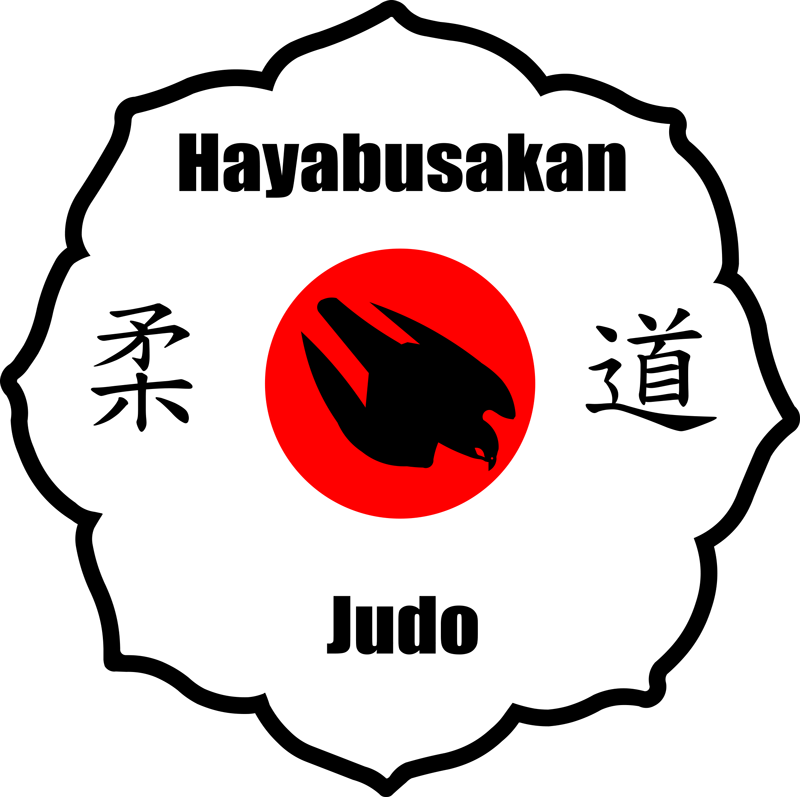Beyond its physical aspects, judo is a profound moral and philosophical discipline. The ethical code of judo emphasizes values such as respect, integrity, humility, and self-control—values that extend far beyond the confines of the dojo.
The principles instilled in judo practitioners influence their behavior in everyday life. Respect for opponents, coaches, and fellow practitioners is a cornerstone of judo etiquette. It fosters an environment of mutual respect and camaraderie within the judo community.
Integrity and humility are vital components of the judo moral code. Practitioners learn not only to compete with honor but also to accept victories and defeats graciously. These values shape individuals into responsible, respectful, and principled members of society.
Furthermore, the discipline and self-control developed through judo practice extend to various life situations. Whether facing challenges in personal or professional endeavors, judokas apply the mental fortitude honed on the mat to navigate through adversity with grace and determination.
In essence, judo isn’t just a sport; it’s a vehicle for instilling values that contribute to building character, fostering respect, and promoting ethical conduct in all facets of life.

